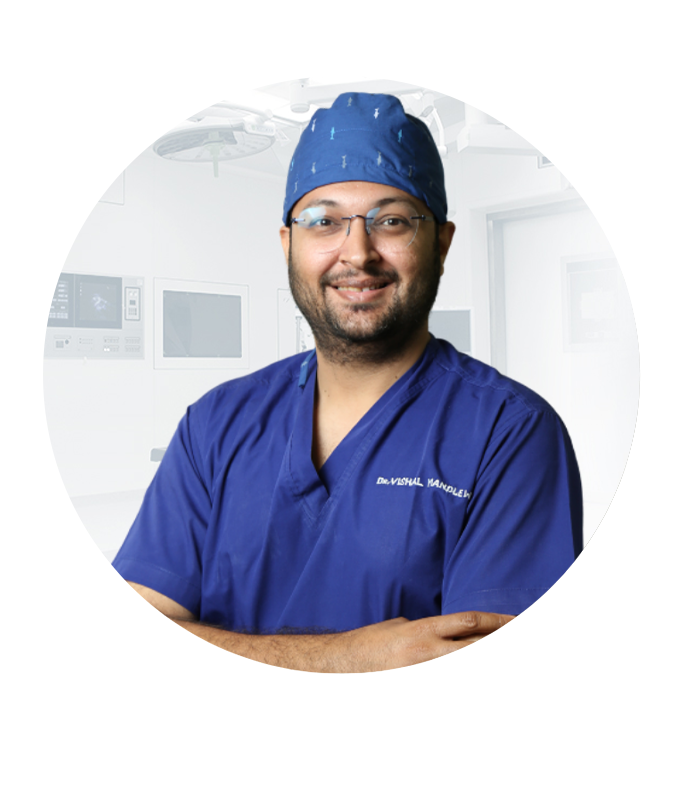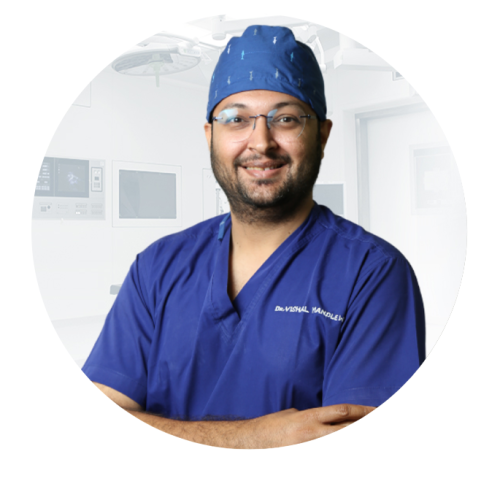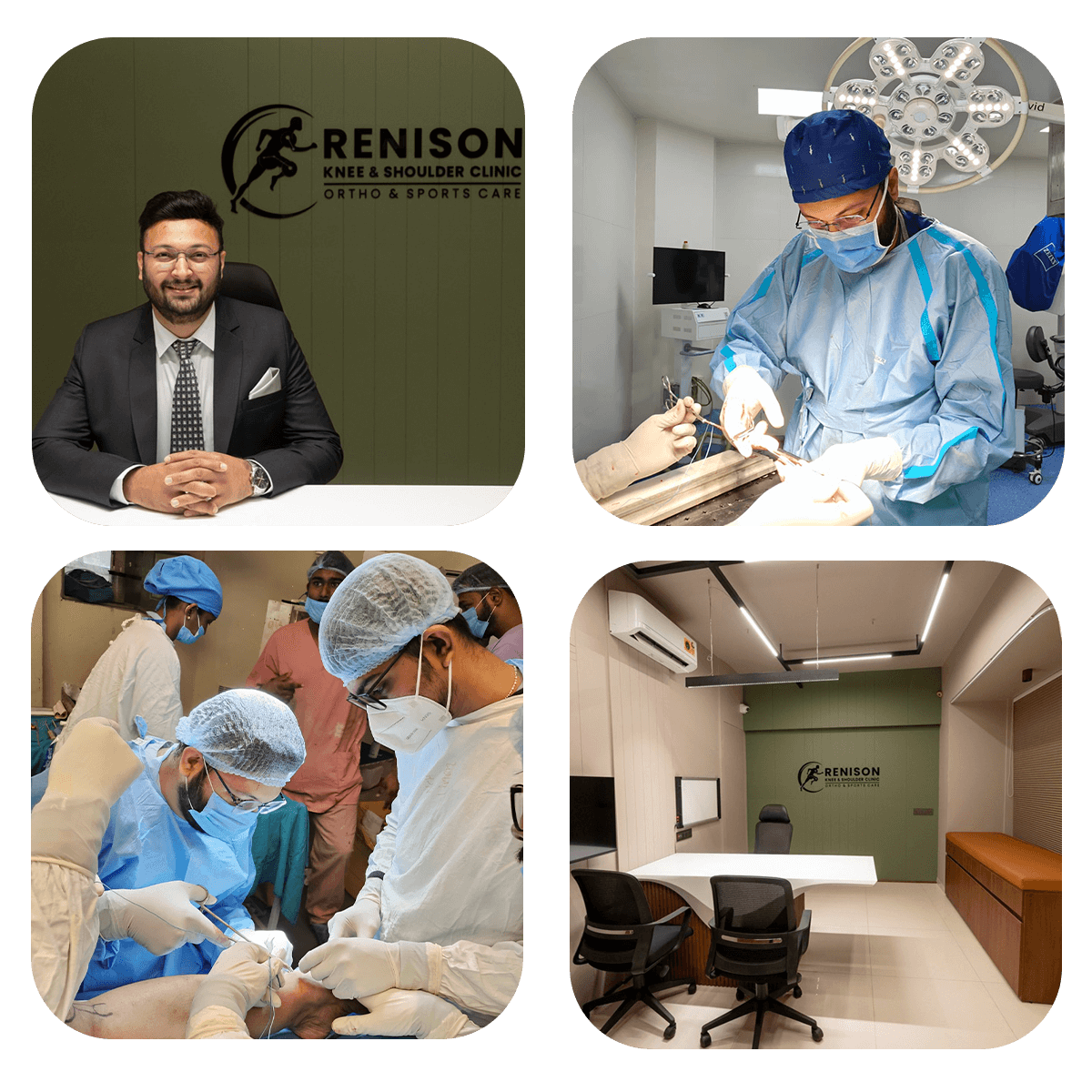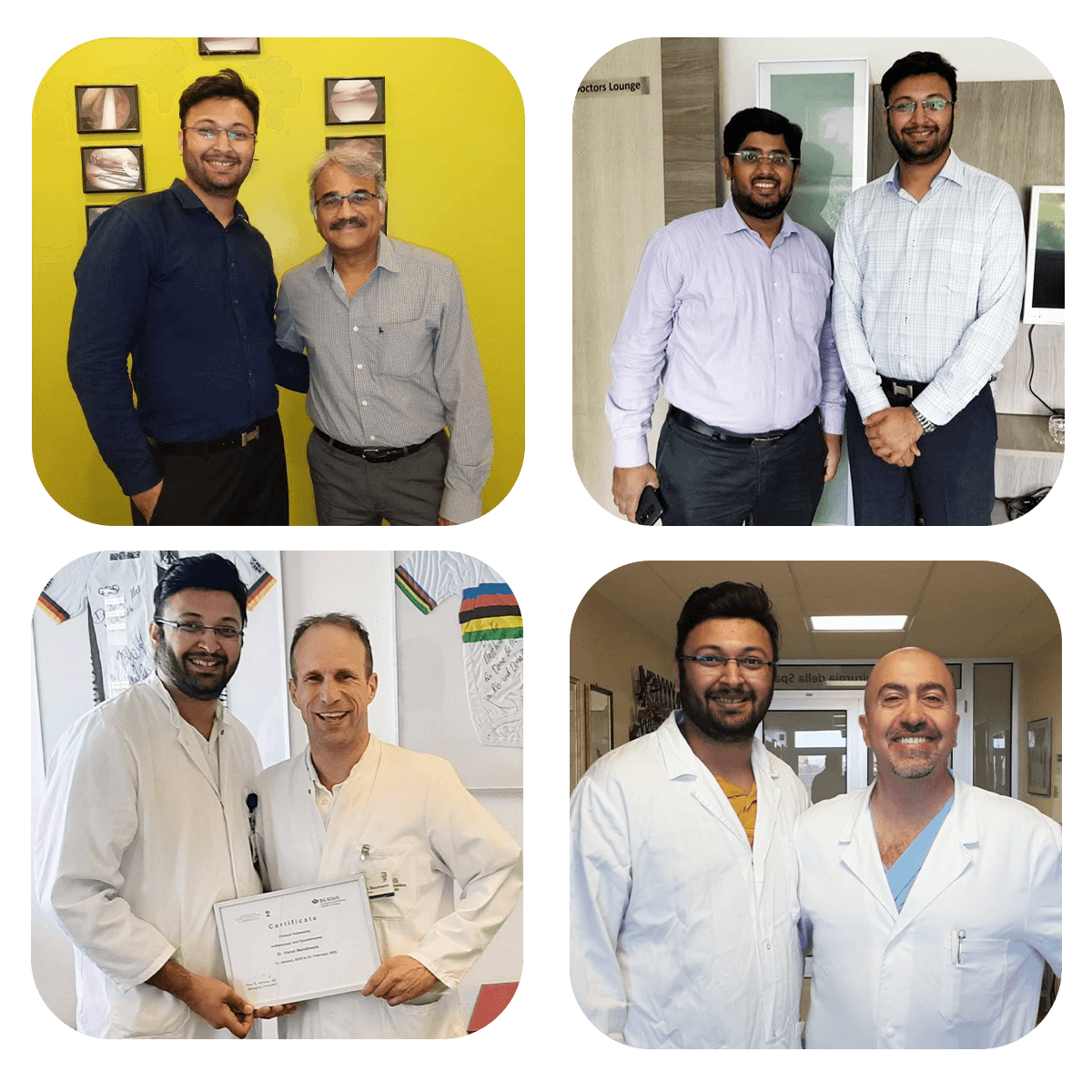Dr. Vishal Mandlewala is highly skilled Orthopaedic Surgeon based in Surat,
Gujarat,India.
2000+
24 Hours Active


Dr. Vishal Mandlewala is highly skilled Orthopaedic Surgeon based in Surat, Gujarat,India.


About
Dr. Vishal Mandlewala is highly skilled Orthopaedic Surgeon based in Surat, Gujarat,India.
Dr. Vishal Mandlewala has completed his MBBS from Smimer College, Surat. He completed his Post Graduate training in M.S.Orthopaedic from Dr. D.Y.Patil Medical College and Hospital, Pune. Dr. Mandlewala did his observership in Arthroscopy under Dr. David Rajan at Ortho One Hospital, Coimbatore. Dr. Mandlewala did his fellowship in Arthroscopy and Sports Medicine under Dr. Abhay Narvekar , Dr. Nagraj Shetty and Dr. Nikhil Iyer at Arthrosports, Mumbai, Maharashtra.
Our Treatments
Our Treatments
EXCELLENTTrustindex verifies that the original source of the review is Google. My wife was having frozen shoulder and was having severe pain. Dr vishal mandlewala sir suggested hydrodilatation treatment for her and after treatment my wife was pain free within days. We are very happy with treatment. Sir is best shoulder surgeon.Trustindex verifies that the original source of the review is Google. Best Shoulder Surgeon in SuratTrustindex verifies that the original source of the review is Google. Dear Sir is an incredibly knowledgeable and remarkable person I have ever met. Additionally, he has a very kind nature. I consulted him for my critical shoulder issue, and after a thorough diagnosis, he was honest with me, explaining the exact problem and reassuring me that surgery was not necessary. Thank you so much, dear Dr. Sir, for guiding me so well.Trustindex verifies that the original source of the review is Google. Dr.Vishal Mandlewala sir, and his hospital staff are very friendly, helpful, respectful and supportive. I felt very well looked after and would recommend to others. Thank you sir
